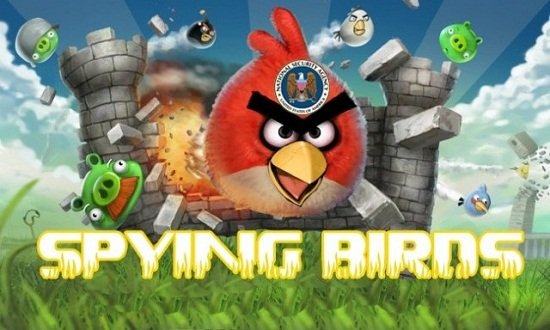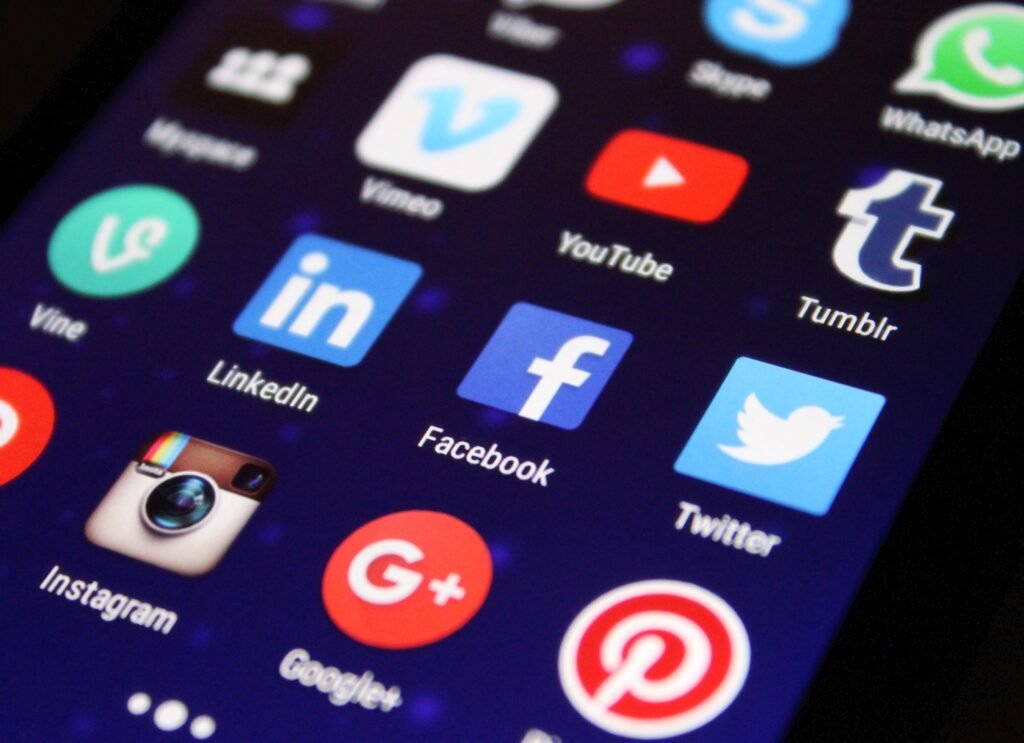The birds spies Angry Birds Game Lover

The birds spies Angry Birds Game Lover
Undoubtedly, the series Angry Birds became one of the most popular in recent years. These birds quite easily for violence have reached a large number of platforms … and apparently, our preferred intelligence agencies, the NSA and GCHQ , took advantage of this to spy on users . Rovio denies any cooperation, but is already paying consequences …

My “phase Angry Birds “ happened on a computer and not on the smartphone. After throwing psychotic birds for much longer than you had hoped, the game simply stood in the corner, gathering digital dust. But the saga continued they evolve, new titles appeared, and its popularity is completely out of control. Clothing, stuffed animals, mugs, theme parks, movie … a confirmed both official products as “bootleg” associated with Angry Birds stormed the planet with a speed that only trade can reach the XXI Century. Today, Angry Birds again be the center of attention, but not for the reasons that its developer Rovio hopes. In recent days, portals high profile as The Guardian and The New York Times revealed that the NSA and Britain’s GCHQ have been they exploit certain applications with “leaks” to obtain personal information from users, and among these applications appear the games Angry Birds .

Name, age, gender, marital status, sexual preference, location, type of smartphone, screen size, contact lists, address books and call records are some of the data compromised applications can reach filter, and that According to documents released by Edward Snowden , are in the order of“dozens” . The situation reached a boiling point last Tuesday, when the main page of Angry Birds was subjected to a classical process “defacing.” In other words, an attacker replaced its official art with a new image showing the red bird the shield of the NSA on the forehead, and the legend “Spying Birds” . This led to a formal statement from Rovio , the text specifies that the company does not cooperate in any way with intelligence agencies like the NSA and GCHQ, or the like.
The problem is what Rovio “yes” mentions: If there is some kind of filtration, this comes from advertising networks that are linked to free applications and other Web services. In the event that such networks share data with agencies, the problem would not be focused on the number of affected devices (in theory, all) , but on the chilling volume of information that should be getting. The CEO Mikael Hed from Rovio , anticipated that they will “reassess” his association with these networks. Now, someone might say that using a firewall to block access to Web applications based ads would be the next step, but I’m not sure how useful it can actually become, not to mention the fact that only apply to Android . NSA rots everything it touches , and even Angry Birds has remained intact.
- angry birds
- featured
- free game
- free games
- game house
- PlayStation 3
- PlayStation 4
- The birds spies
- The birds spies Angry Birds Game Lover

Best Apps to Have on your Phone - Both iOS and Android

Real Estate Social Media Post Design

Incoming Harvard College Students Admissions Essay Goes Viral On Tiktok

Essay Writing Service You Presumably Can Trust

How to Maintain a Rotary Vane Air Compressor

Pet Hospital Logo Design Samples

Real Estate Social Media Post Design

